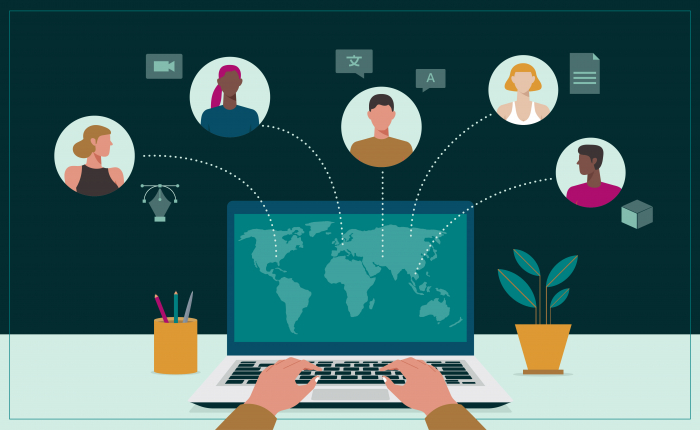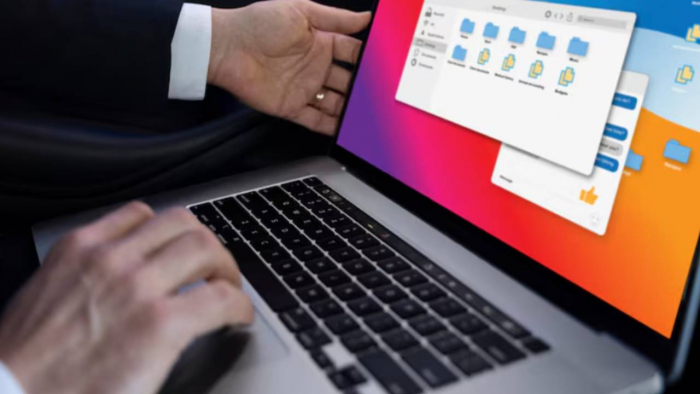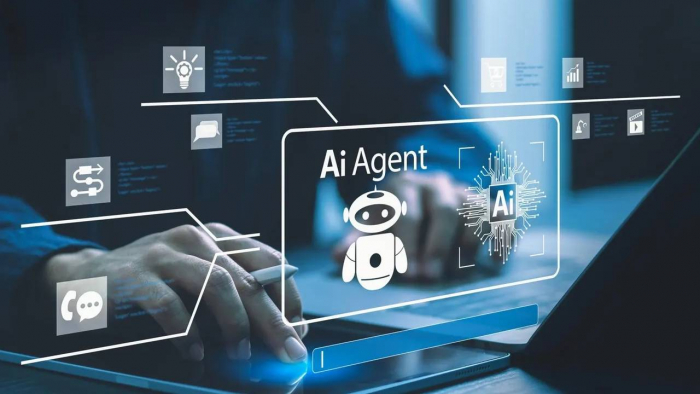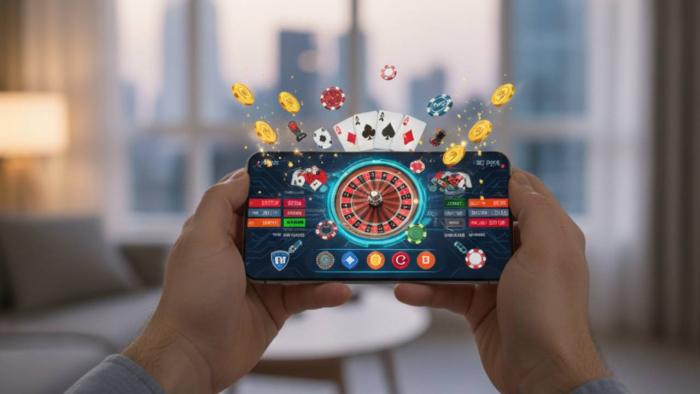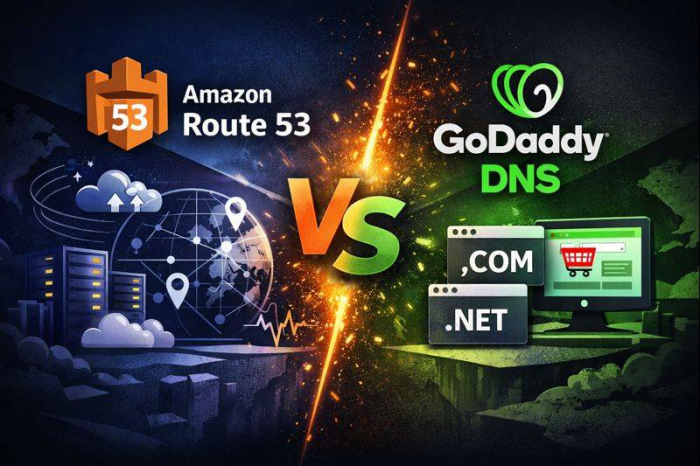Table of Content
- Navigating Resumes in an AI-Driven World
- Discovering Jobs Through Smart Recommendations
- Practicing Interviews with AI as My Coach
- Facing AI Inside the Interview Room
- Growing My Career with AI Learning Tools
- Balancing Opportunities with Risks
- Adapting My Strategy for an AI-First Job Market
- The Future of AI and My Career
I still remember the first time I applied for jobs online. I polished my resume, hit “submit,” and waited for weeks. The silence was deafening. Later, I discovered my application never even reached a human. Instead, an algorithm decided I wasn’t a match. That’s when I realized AI was no longer just a tech buzzword; it was my first gatekeeper.
Over the years, I’ve seen AI touch every stage of my career, from the resume I send to the interviews I attend. Let me walk you through how AI has shaped my journey, and how it’s reshaping yours too.
Navigating Resumes in an AI-Driven World
The first lesson I learned: most resumes never land on a recruiter’s desk. Nearly every big company, from Google to Amazon, uses Applicant Tracking Systems (ATS). According to Jobscan, more than 98% of Fortune 500 firms rely on ATS to filter resumes before humans review them.
I quickly realized my beautifully designed resume wasn’t getting through. AI didn’t care about creativity; it cared about keywords. When I replaced “analyzing data” with “data analysis,” suddenly my resume started passing the filters.
I began tailoring each resume to the specific job description. It felt tedious at first, but then I saw results: more interview invitations, fewer rejections. AI had forced me to become precise.
Discovering Jobs Through Smart Recommendations
Back then, I thought job searching was about endless scrolling. Today, AI does the searching for me. Platforms like LinkedIn, ZipRecruiter, and Indeed recommend jobs I would have never found on my own.
LinkedIn, for example, studies my profile activity, skills, and even the articles I read. If I interact with content about data science, it suggests roles in analytics. It’s like having a career coach that never sleeps.
But there’s a catch: if my profile isn’t up to date, AI doesn’t know who I really am. I once missed out on a perfect role because I hadn’t added “Python” as a skill, even though I used it daily. That experience taught me to feed the algorithm with the right data so it could feed me the right opportunities.
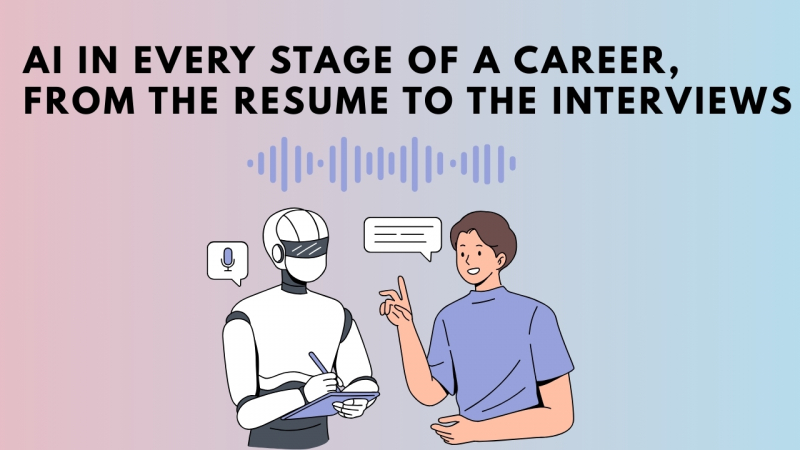
Practicing Interviews with AI as My Coach
Landing interviews was exciting, but preparing for them was nerve-racking. That’s when I discovered AI-powered coaching tools like Google’s Interview Warmup and Yoodli.
For the first time, I could practice without judgment. I answered mock questions, and AI gave me feedback on filler words, tone, and even eye contact. Yoodli highlighted how often I said “um,” and Google’s tool showed me where my answers lacked structure.
It felt strange at first, talking to a screen, but soon I realized I was building confidence. By the time I spoke to real recruiters, I sounded polished and clear. AI didn’t just prepare me; it transformed the way I communicated.
Facing AI Inside the Interview Room
Then came the real test: interviews where AI wasn’t just my coach; it was the evaluator. Companies like Unilever, Hilton, and Goldman Sachs use HireVue and Pymetrics to assess candidates before a human steps in (SHRM).
I remember sitting in front of my laptop, answering questions to a camera. No recruiter, no feedback, just an algorithm analyzing my facial expressions, tone, and word choice. According to SHRM, more than 60% of companies now use AI-driven interviews.
It felt unsettling at first. Would the AI understand my accent? Would it misread my nervous smile? Those concerns weren’t unfounded; critics warn that these systems can carry hidden biases. Still, I learned to adapt. I practiced not just for recruiters but also for algorithms, keeping my answers structured and my delivery calm.
Growing My Career with AI Learning Tools
AI didn’t stop at hiring; it followed me into the workplace. Once I landed roles, I started using platforms like LinkedIn Learning, Coursera, and Udemy, all powered by AI recommendations. They suggested courses tailored to my career path.
When I wanted to strengthen my leadership skills, Coursera’s AI tutor nudged me toward a course on strategic thinking. That one suggestion opened doors to opportunities I might have ignored. AI had become my career mentor, pointing me toward growth I hadn’t planned.
I’ve also seen companies use AI internally to track employee progress. At one employer, AI dashboards flagged employees ready for promotions by analyzing performance reviews, project outcomes, and skill data. Part of me welcomed the efficiency; another part questioned whether algorithms should influence promotions at all.
Balancing Opportunities with Risks
As empowering as AI feels, I’ve also seen its darker side. AI can speed up hiring, but it can also reinforce biases. In 2021, Amazon scrapped an internal hiring AI after it showed bias against female candidates. That made me wonder: if even big tech struggles, what about smaller companies?
Privacy also worries me. When I recorded video interviews, I never knew how long my responses would be stored or who could access them. And when AI flagged my resume, I had no insight into its scoring criteria.
Governments are starting to step in. New York City now requires bias audits for AI hiring tools (NYC.gov). Europe is working on the AI Act, which may regulate hiring algorithms. These changes give me hope that transparency will improve.
Adapting My Strategy for an AI-First Job Market
Through trial and error, I built a strategy to thrive in this AI-driven world:
- I customize every resume with ATS in mind.
- I keep my LinkedIn profile fresh with updated skills.
- I use AI practice tools before interviews.
- I learn continuously from AI-powered platforms.
- I stay aware of bias and push for fairness where I can.
This approach doesn’t just help me survive, it helps me stand out.
The Future of AI and My Career
Looking back, AI has shaped every step of my journey: the resume I write, the jobs I discover, the interviews I face, and the skills I learn. Sometimes it feels like I’m not just building my career with AI, I am building it through AI.
The big question I ask myself now isn’t whether AI will play a role in my career. The question is: am I ready to collaborate with it, or will I let it filter me out?
For me, the answer is clear: I’m learning to work with AI, not against it. And in today’s job market, that might be the most important skill of all.
Post Comment
Be the first to post comment!
